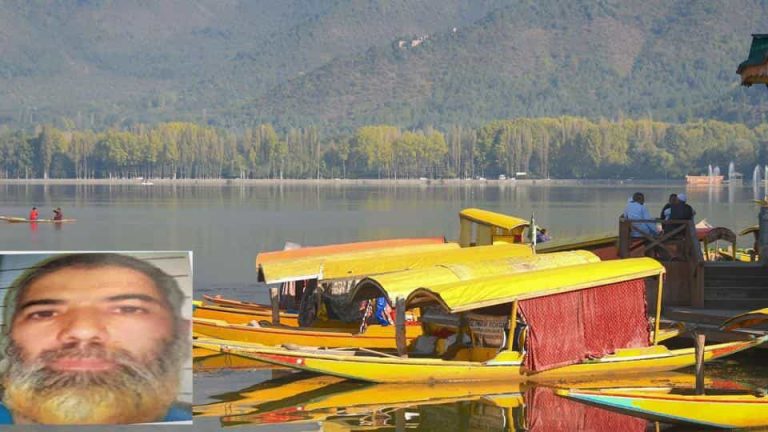
Aijaz Ahmad Ahangar from downtown Srinagar’s Nawa Kadal had been a wanted man in Jammu and Kashmir for more than two decades. He had been arrested once for terror links, and released. This was sometime in the mid-nineties.
Aijaz Ahangar aka Abu Usman Al Kashmiri disappeared soon after his release from central jail, travelling to Bangladesh from where they took a flight to Pakistan.
Nearly 25 years later, he was arrested early this month by Afghanistan’s National Directorate of Security (NDS) in Kandahar, some 500 km from capital Kabul. No one really paid much attention. No one knew.
Was a surprise
The NDS had been far too focussed on their prize catch, Aslam Farooqui, the chief of the Islamic State ‘Khorasan Province’ who had claimed responsibility for the 25 March Kabul Gurdwara attack that killed nearly 27 worshippers.
In the early rounds of his questioning, Ahangar identified himself as Ali Mohammed from Islamabad. And it was taken at its face value.
The sequence of events that blew up his carefully-crafted cover is still not clear. Counter-terror operatives in Delhi and Kabul, however, told that it was only much later that they discovered that the April 4 raid had also netted Aijaz Ahmad Ahangar, the 55-year-old chief recruiter of the Islamic State Jammu & Kashmir.
“It was a surprise,” acknowledged an Afghan watcher.
Terror links in the Family
Aijaz Ahangar, born in Bugam on the outskirts of Srinagar city, wasn’t the only one in his extended family to pick up the gun.
According to security agencies, his father-in-law Abdullah Ghazali aka Abdul Ghani Dar had been a Lashkar-e-Taiba commander and had played a role in the formation of the Tehreek-ul-Mujahideen in 1990, a group that was dominated by foreign mercenaries recruited from Pakistan and Pakistan-occupied Kashmir. Ghazali was then 50.
Aijaz Ahangar married Ghazali’s daughter Rukshsana much later.
Abdullah Ghazali, now 80, was found murdered in February this year inside Jamia Masjid Ahl-e-Hadith at Maisuma near Lal Chowk, Srinagar’s business hub. His murder has been attributed to a factional clash within the local leadership of the Islamic religious movement Ahl-e-Hadith.
That Aijaz Ahangar went to Pakistan via Bangladesh rather than undertake the treacherous and risky journey across the Line of Control, said one counter-terror official, reflected the family’s links with the Pakistani deep state.
And the terror links continue
Once in Pakistan, Aijaz Ahangar was initially settled in Islamabad by Pakistan’s Inter Services Intelligence. In 2008, according to intelligence reports, he also married Aiysha, a resident of Pakistan-occupied Kashmir.
At some point, the Aijaz Ahangar family was relocated to Miranshah area of Waziristan near the Afghan border. After a brief association with Al Qaeda, he joined ISIS. Aijaz Ahangar later joined the Islamic State-Khorasan Province.
Aijaz Ahangar’s son Abdullah Umais also joined the fighting in Afghanistan’s Nangarhar and was killed a few years ago.
His son-in-law, Huzafa-al-Bakistani, a top online recruiter of ISKP and later the IS affiliate in Jammu and Kashmir, was killed in a US drone attack in Afghanistan’s Nangarhar province on July 18 2019. A Kerala man, Muhammed Muhasin, was killed in the same bombing.